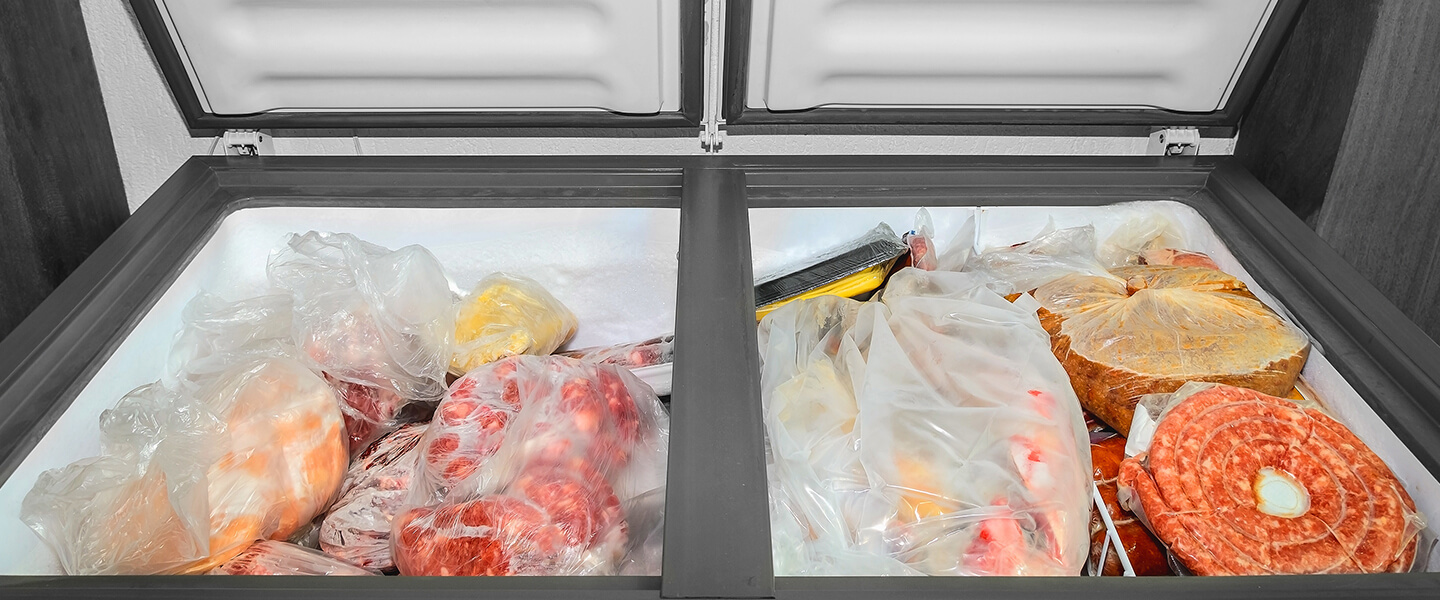
Freezers are one of the most important home appliances we can have. Hence, it is important to put in an adequate amount of thought in searching for the right freezer that suits your needs. When it comes to purchasing a freezer, there are hundreds of different models to choose from, and several technical terms to understand. Therefore, we have put together a buying guide to simplify your process when purchasing a freezer.
ENERGY EFFICIENCY
Freezers that have higher star ratings and lower kWh usage will take up less energy to operate, helping you save money on electrical bills. Although a smaller freezer will use lesser energy than a bigger one, a freezer with plenty of free space will also consume more energy.
TYPES OF FREEZERS
There are three different types of freezers in the market. The perfect one for your home depends on your preferred storage capacity, the amount of space you have, and how long your food items are usually stored. Here are the different freezer types.
- Upright Freezers
Upright freezers are tall and not wide, which makes them great for your kitchen. It is recommended to choose a model with panels that can be customized so as to match your kitchen décor. Upright freezers make it more convenient to store food items as they have plenty of shelves. However, it may be less flexible if you are looking to reconfigure the shelves.
- Chest Freezers
Out of all three types, chest freezers typically have the highest flexibility when it comes to storing food items. They are wide and take up more floor space. Their storage flexibility also makes them perfect for keeping big items and is suitable for households that usually stock up on many frozen foods.
- Under Counter Freezers
Under counter freezers are usually at a maximum height of 34 inches as they are meant to be fitted under kitchen counters. If your kitchen has limited space available, this will be a great option. They are also useful as backup freezers when you need extra freezer space.
AUTO DEFROST VS. MANUAL DEFROST
Freezers that have auto defrost function make use of fluctuations in temperature to allow the defrost feature to start automatically. With this automatic function, these freezers are able to store food for a shorter period of time. On the other hand, freezers with manual defrost are better equipped for storing food items that you will like to stock up on, as food can still remain frozen for up to 24 hours even during a power outage. The downside of these freezers is that they require regular maintenance.
All in all, a good freezer should have auto or manual defrosting abilities, a dependable compressor cooling system, and a wide range of temperature. The average lifespan of a freezer is typically 14 to 17 years. Whether you are looking to purchase a freezer for your new home or replace your old one, this smart guide will help make your buying process easier.


